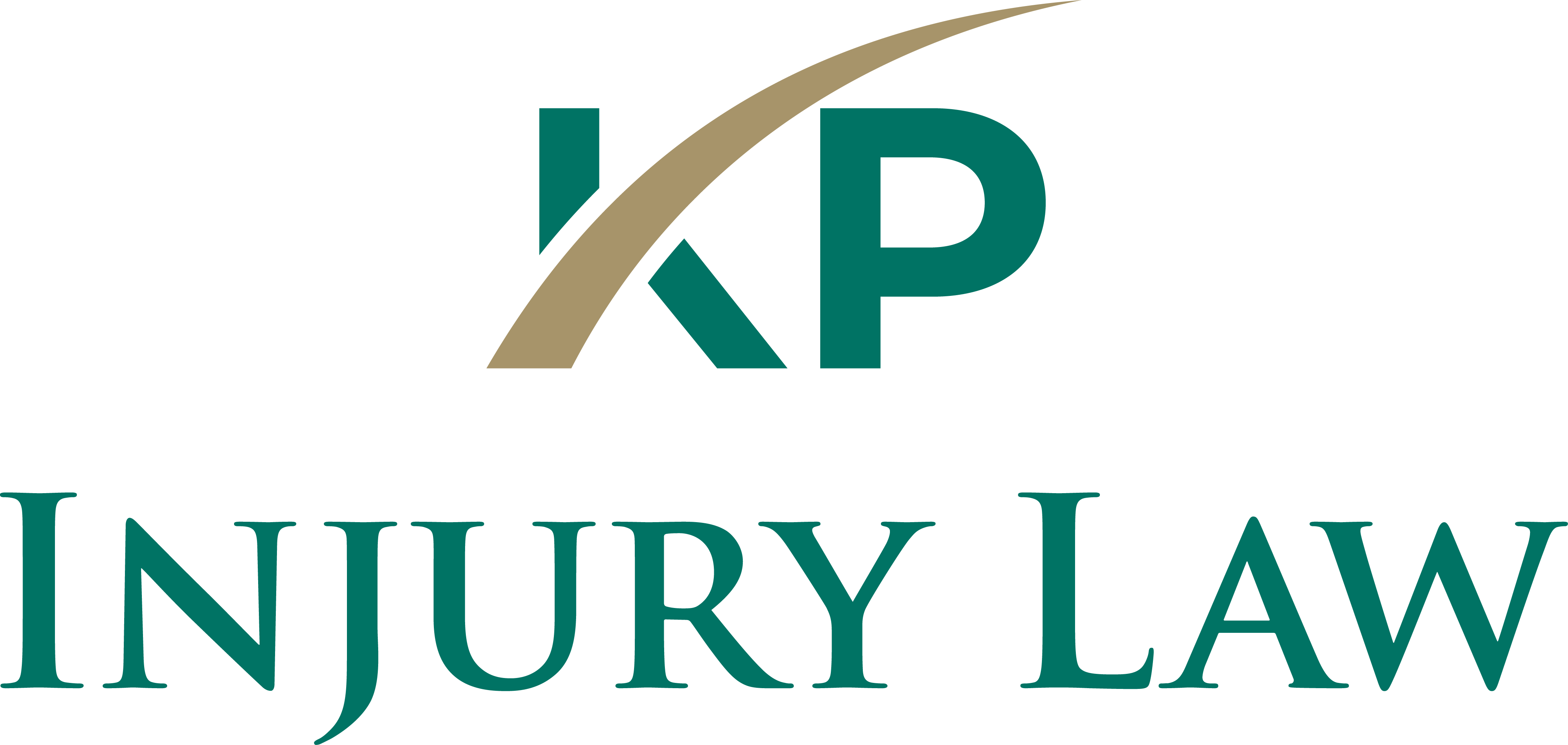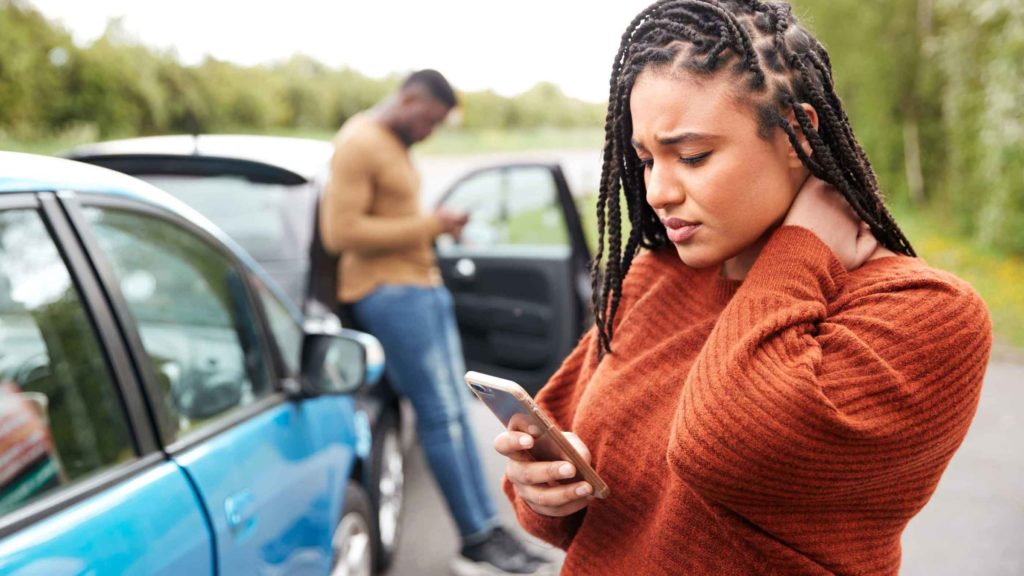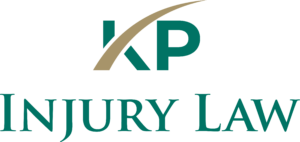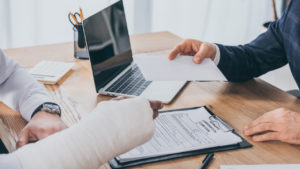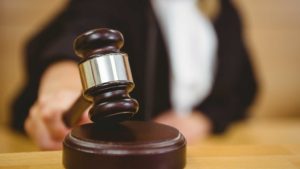Being involved in a car accident is most common than you think. Over six million car accidents occur each year in the United States. Fortunately, most of them involve only property damage – damage to the vehicle as opposed to the occupants. But one in three accidents involves personal injury to the driver or passengers and out of that number, two out of every ten accidents lead to fatal injuries.
Accidents happen, even to careful drivers. After a car accident, you might be stunned with shock, dizzy with adrenaline, or enraged at the guy who ran a red light. When this happens, there are a few keys things you need to do to protect yourself.
Stay Calm.
The post-accident process is fairly straightforward, but it’s not always easy. Keeping a cool head will help you document the wreck more thoroughly and accurately.
Contact The Police.
Even if there are no serious injuries, it is a good idea to call the police. You may need a police report to file a claim with your insurance company, even if it is just to make a claim for damage to your vehicle.
The vehicles involved in the accident should remain where they are unless they interfere with traffic.
Seek Medical Attention.
Car accidents can lead to chronic injuries that impact your quality of life. Often, injuries caused by motor vehicle accidents are not immediately apparent. Most of my clients report feeling the most pain a day or two following an automobile accident.
Unless you are absolutely certain you were not injured, you should seek medical attention at your local emergency room or by seeing your family physician. Even in accidents involving minor impact, you can sustain a serious and permanent injury to your spinal cord.
If you lost consciousness or were dazed for even a short period of time following the collision, you may have suffered a concussion or closed head injury. This can cause cognitive and behavioral changes if left untreated.
Document The Accident.
Once the police arrive, get the name and badge number of all responding officers. Also, get the names, addresses, and phone numbers of all persons involved in the accident, drivers and passengers alike.
You should also obtain information about insurance by asking to see the insurance card for all vehicles involved in the accident. If there are witnesses, you should get information from them as well so that you or your attorney can contact them in the future.
Take photographs of the accident scene, such as the road conditions, the position of the cars, damage to your vehicle, and any weather and lighting conditions. Notify your insurance company of the accident, particularly if there was significant property damage or you had to seek medical attention.
Make sure you tell the investigating officer(s) exactly what happened, to the best of your ability. If you do not know certain facts, tell that to the officer. Do not speculate, guess or misstate any of the facts. If you are asked if you are injured and you are not sure, say you are not sure, rather than no.
I Had a Car Accident, Now What?
Car accidents are life-changing experiences. The crash itself is only the beginning of what can be an extremely long process of filing an insurance claim, determining fault, and most importantly, getting the closure one needs to move on with their life.
Perhaps the most important thing you should do after an accident is to consult your attorney. Your attorney can protect your rights and make sure valuable evidence is not destroyed. Often, insurance companies want to take statements immediately after an accident. It is important that you have received legal advice before providing such a statement.
If you or a loved one suffered an injury as a result of someone else’s negligence, call me at (615) 397-7496 or schedule your FREE consultation today. Don’t go through this alone.
